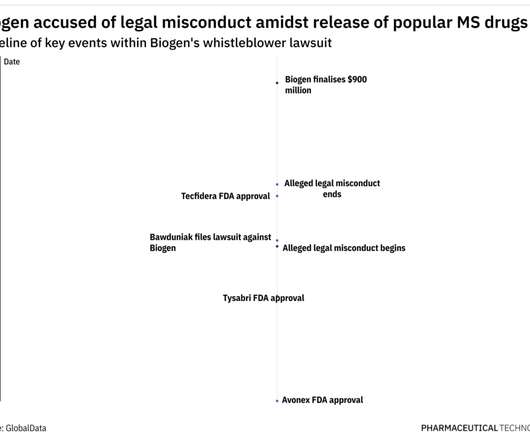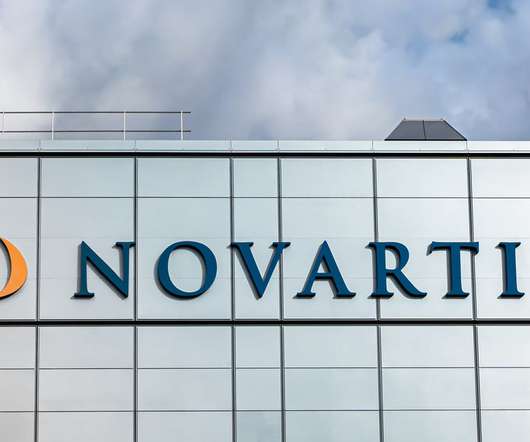Top 12 Healthcare Technology Start-ups To Know
Medico Reach
AUGUST 18, 2022
The healthcare sector has seen a few developments over the years. Tempus began with the goal of incorporating artificial intelligence and data science into the healthcare industry. As a matter of fact, Kyruus now connects around 300,000 medical providers with over 90 million members across the US. Wondering what that is?












Let's personalize your content